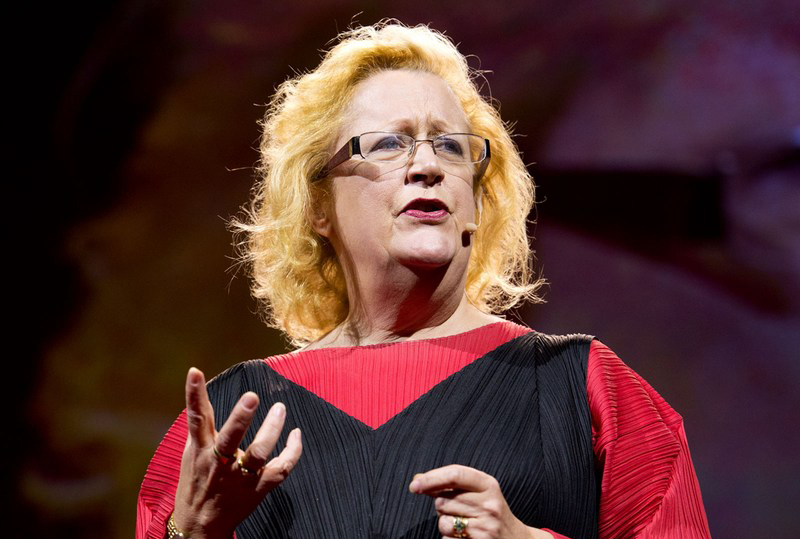There’s a very interesting TED talk by five-time-CEO Margaret Heffernan, who explains that one of the most destructive aspects of a professional team nowadays is that team members are all too similar and in fact, having a more diverse group leads to stronger collaboration and higher probability of success.

Margaret discusses an intriguing experiment where chickens were set into two groups, one of purely ‘alpha-chickens’, who were all individually extremely productive, and one of mixed chickens with varied strengths; the ‘beta-chickens’. These two groups were monitored over six generations to see if there was any distinct difference in overall egg production. Surprisingly, the group of super-chickens had not even survived the experiment, having become overly competitive to the point that they pecked each other to death. However, the group of mixed chickens had prospered over this time. They were healthy, happy and egg production was higher than ever before.

It begs the question – why did the first group of super-chickens perish so easily? They were all individually impressive chickens and provided lots of produce for the farmer. At the top of their game, you might say. Surely it would make sense of have all the best producers of a similar type together?
The key is that the ‘alpha-chickens’ were all too super and had their own existence at the forefront of their minds. They didn’t care about the success of their group and when times were tough, they didn’t collaborate. The second group however, did. They all had parts to play in the success, and survival, of their team and it paid off big time.
Thinking about this in a formal setting – in the office perhaps – it is very easy to draw parallels. Being in a ‘dog-eat-dog’ team (or a ‘chicken-eat-chicken’ team for that matter) may force teammates to work against each other to increase production over a short space of time, but it is not sustainable. The heavy competition can be so wildly driving that teammates are killed off in order to ‘win’. However, being in a team that brings diversity and freedom of collaboration will encourage positivity and healthy differences of opinion into the workspace. This means that more perspectives are considered, problems can be solved creatively, and the team can thrive on mutual success. The value of teamwork is evident, and essential for survival.
N.B. No chickens were deliberately harmed in the making of this article.
